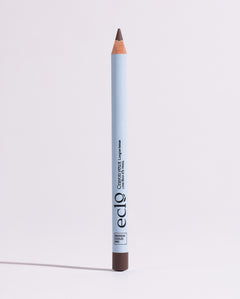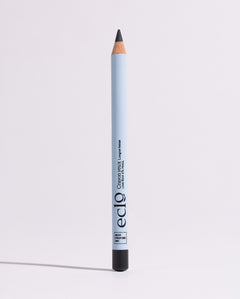Man has always sought to modify his appearance and the image he wishes to convey to others.
Cosmetics (make-up, skincare products, perfumes) - in whatever form they may take - have proven to be an effective tool for altering skin color, hiding odor or looking younger. Throughout the ages and regions of the world, many methods and tricks have been invented (sometimes more or less unusual) that certain cultures and civilizations have put into practice, such as the use of Konjac sponges in Asia (to exfoliate the skin), illipe butter (a mixture of shorea stenoptera nuts to moisturize the skin and hair) or African tribal make-up to assert social status and membership of a group.
Over the past few centuries, the industrial revolution and globalization have accelerated trade and improved production processes, enabling all continents to become interconnected. As a result, certain populations have been able to appropriate these unprecedented techniques and tools, leading to the emergence of a major global cosmetics market. The increase in trade and production has had a real impact on the global economy - and on the rise of certain companies - but has also harmed the environment and the balance of biodiversity: global warming, ecosystem imbalance, overproduction of plastics, air, water and soil pollution... These are just some of the consequences of the beauty and hygiene industry.
For decades, cosmetics manufacturers have been producing mostly liquid substances and textures whose composition almost inevitably involves the use of preservatives. Once spilled, they have very little capacity to absorb (especially those derived from petrochemicals), and their properties make them highly toxic molecules for health and the environment. The cause? Traditional cosmetics have long contributed to the degradation of the planet, at every stage of the product manufacturing process: extraction, formulation, packaging and distribution. Journalists and scientific investigations have pointed the finger at the dubious provenance of certain raw materials and the possible link between the frequent use of certain molecules and the onset of certain pathologies.
At a time when many industries are starting to take ecological issues and concerns seriously (in the automotive and textile sectors, for example), the cosmetics industry has every interest in taking action and improving its R&D processes. The aim is to transform the threat to brands and their image into an opportunity. The key word is innovation. Propose substitutes with different production processes to better meet buyers' desires and expectations.



